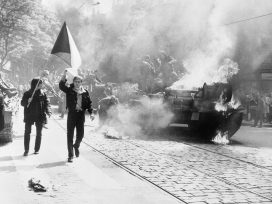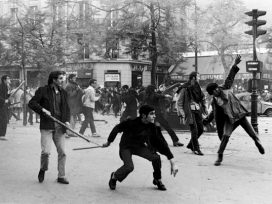
Parallels between May ’68 and the Prague Spring are largely the result of the simultaneity of the events; in important respects, the political goals of the two movements were antithetical. Nevertheless, central European dissent had a significant impact on the French anti-totalitarian Left after 1968, argues Jacques Rupnik.


